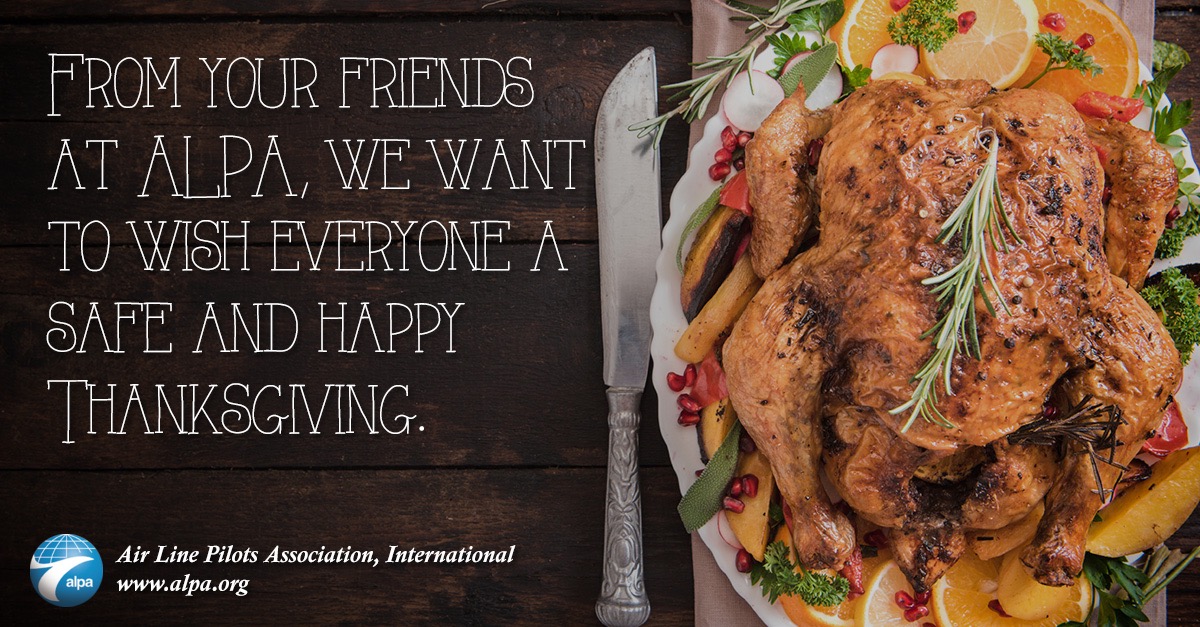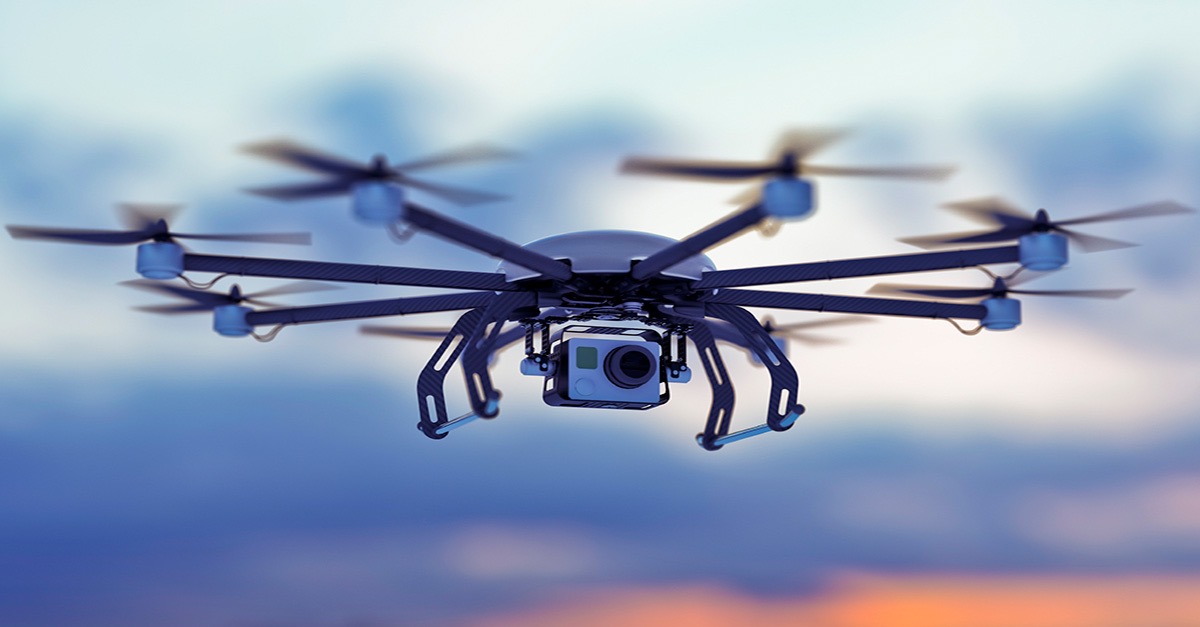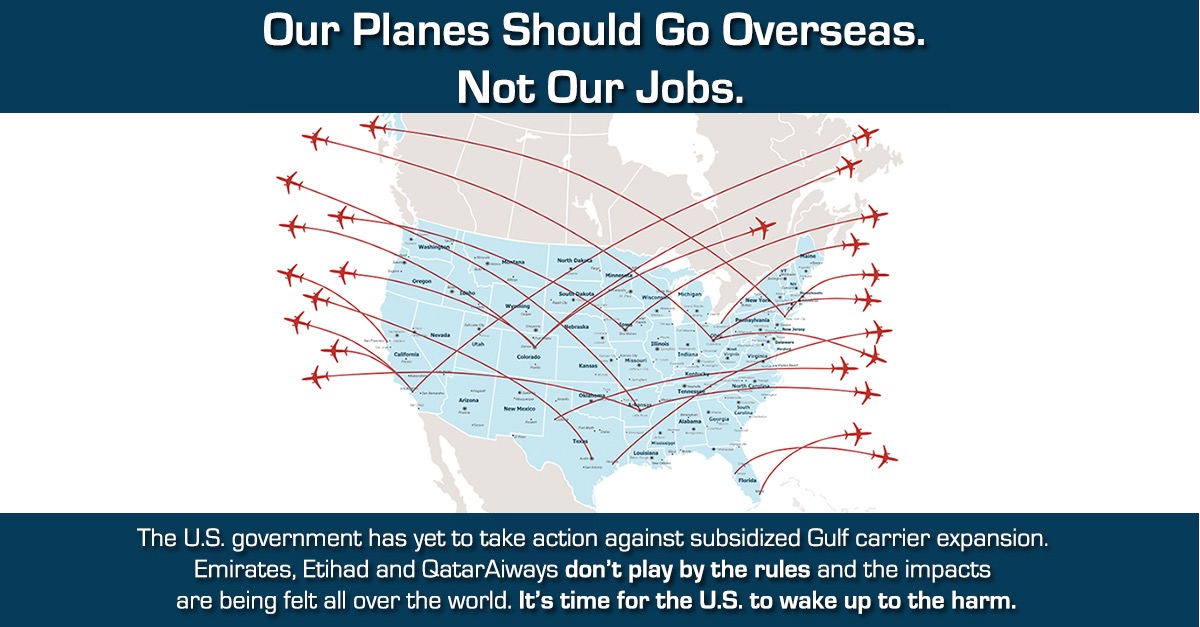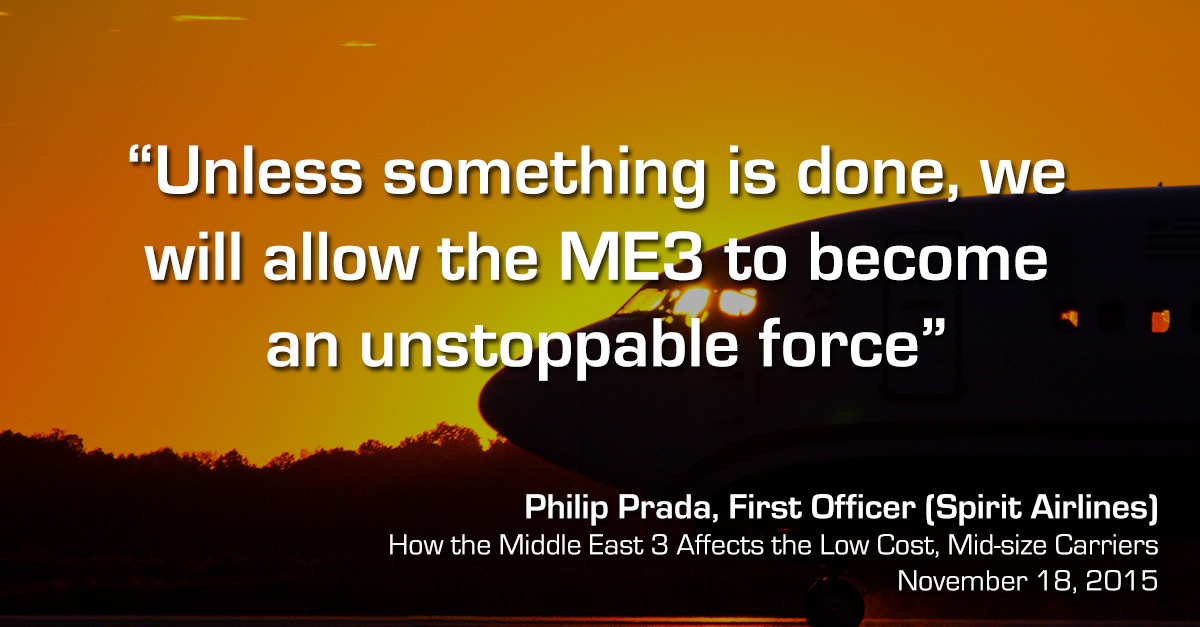Leadership From the Flight Deck
With forecasts predicting the heaviest U.S. Thanksgiving travel in almost a decade, the members of the Air Line Pilots Association, Int’l stand ready. We are the committed men and women—the professionals in your cockpit—who will be by your side, safely delivering you (and tons of your food, too) to your dinner table destination. While we know there may be delays and the typical holiday rush, we are thankful to help families and friends make those connections year after year.
By Capt. Tim Canoll
Maintaining safety is absolutely essential as many of us purchase and operate unmanned aircraft systems (UAS), also known as “drones.” ALPA’s plan to safely integrate UAS into the national airspace includes education, registration, technology, and enforcement of the rules.
Making certain that UAS owners register their aircraft is vital to ensuring that UAS operators fly their aircraft safely in skies they share with airliners carrying both passengers and cargo. If UAS are registered, the Federal Aviation Administration (FAA) will be able to more easily enforce the rules that keep us safe. Moreover, the registration process will also demonstrate to purchasers the responsibility that comes with owning a UAS.
This week, the Partnership for Open & Fair Skies launched an industry-funded advertising campaign urging the Obama administration to enforce Open Skies agreements with the United Arab Emirates and Qatar. These full page ads, running in The Washington Post, The New York Times and The Wall Street Journal, call on the President and administration officials to ensure that these countries abide by the terms listed in our bilateral air service agreements.
The Open Skies system can only work if all sides abide by the agreements they sign. Unfortunately, Qatar and the UAE are violating our Open Skies agreements by pumping billions of dollars in government subsidies and unfair benefits into their state-owned carriers in an effort to dominate the global airline industry. These direct violations harm the U.S. economy and threaten tens of thousands American jobs.
By Capt. Chuck Hogeman, ALPA’s Air Safety Organization Safety Chair
Providing airline pilots with the highest standards of training has played no small role in making North American airline transportation the safest mode of mass transit in history. Part of that training should ensure that pilots demonstrate their ability to serve as pilot-in-command at multiple stages of their career. Passengers and the shipping public expect nothing less—in fact, they count on U.S. and Canadian airline pilots’ receiving the training and experience they need to perform their jobs.
I recently represented ALPA at the Gulf Aviation Training Event (GATE) in Dubai, and participated on a panel about pilot training. GATE is held annually to discuss the challenges of meeting the demand for pilots and maintenance personnel in the Middle East.
Participating in this event is just the latest example of how ALPA works not only across the continent, but also around the globe, to shape and secure the training standards and philosophies that we believe are necessary for airline pilots to meet safety challenges in today’s complex environment. Our union also constantly engages with regulators and industry to seek out opportunities to predict future challenges and identify ways to advance safety through enhancements to existing training programs.







